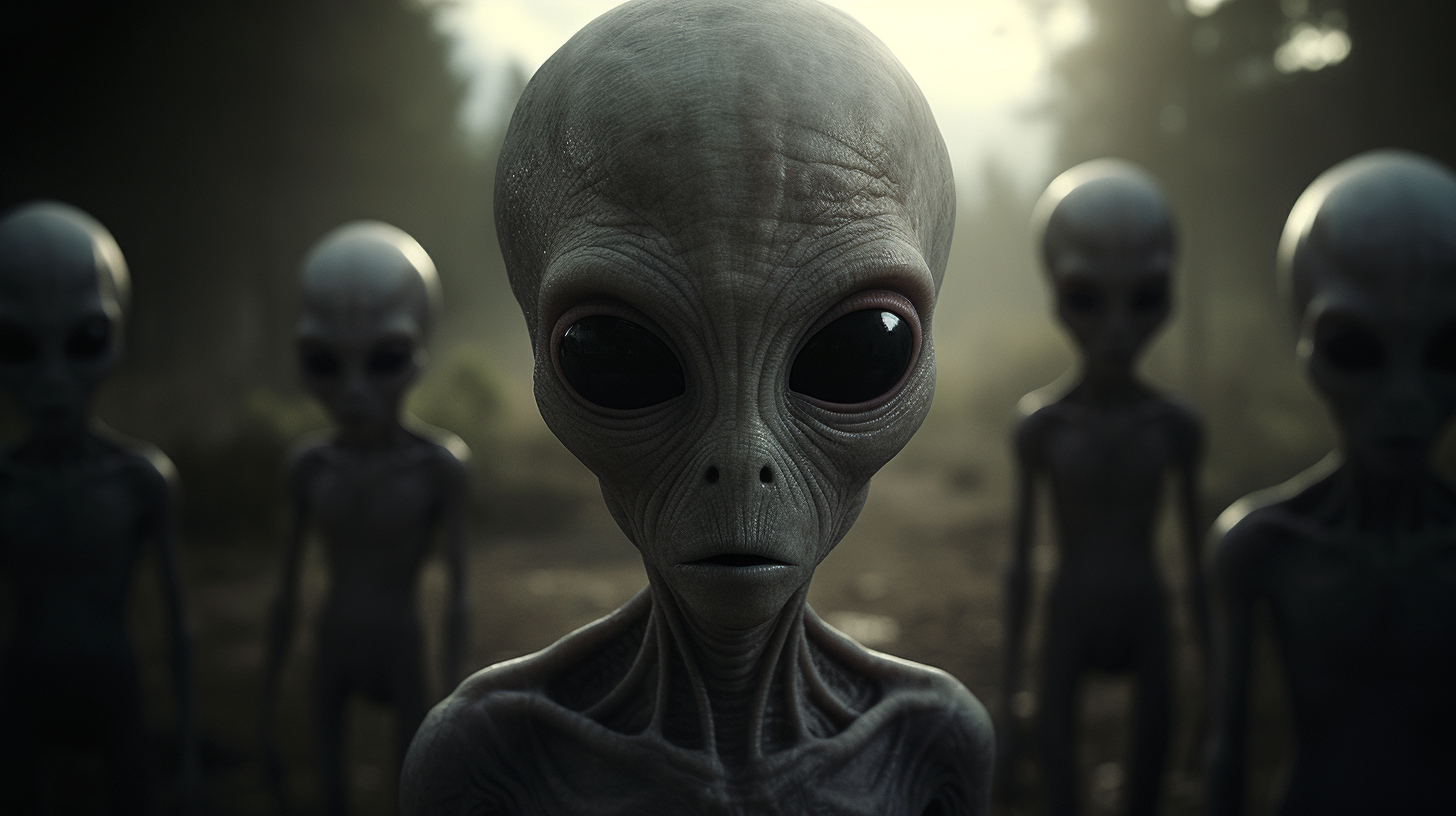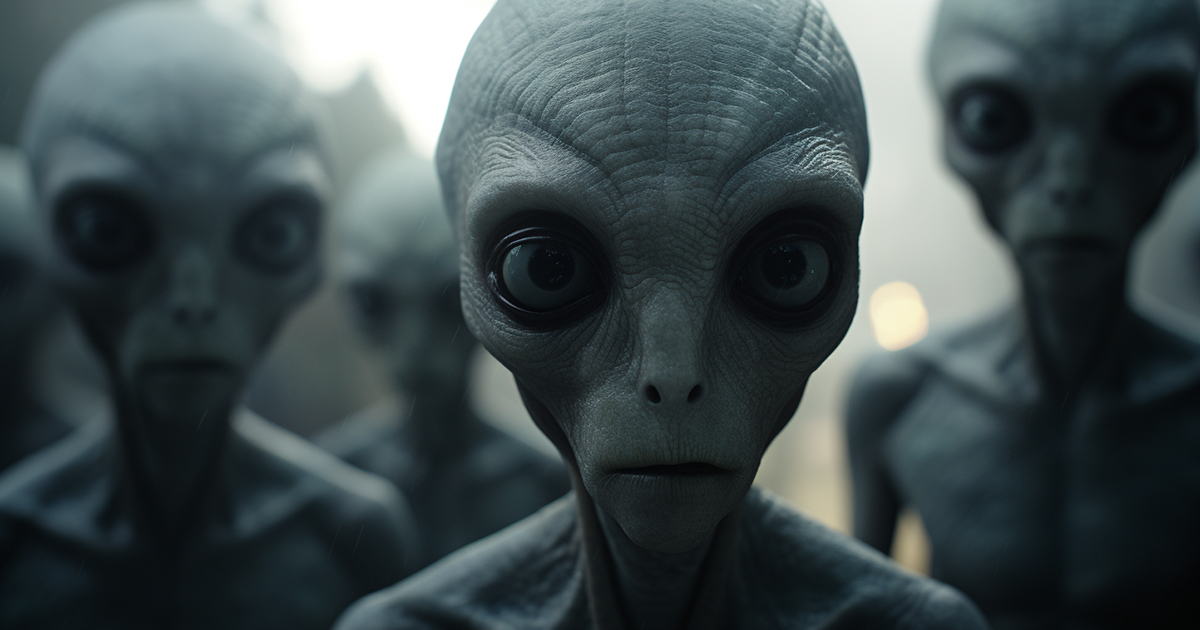Challenging the limits of our belief systems, moments in the domains of science and discovery shake up our understandings of the world around us. A significant turning point occurred in June 2019, as researchers from the University of Rochester revealed a groundbreaking observation concerning a tiny sap-sucking insect known as the P 1/3. Typically devoid of wings, these insects sporadically exhibited wing development when in search of new plant hosts. What left the scientists astounded was the discovery that the genes triggering this transformation were linked to a virus. Moreover, this virus had seamlessly integrated into the insect’s genetic structure, becoming a fundamental part of its host organism.
This raised the question: could viruses extend beyond mere pathogens to potentially play a crucial role in the intricate tapestry of life on Earth and perhaps even beyond? As we delve deeper into this captivating topic, we will explore the relationship between viruses, evolutionary mechanisms, and the intriguing possibility of extraterrestrial intervention.
Viruses occupy a unique niche in the spectrum of life, straddling the line between living and nonliving entities. Their capacity to replicate and carry out essential functions solely within a host cell makes them completely reliant on other life forms. In a dormant state, viruses await the chance to activate and multiply within a suitable host. This peculiar characteristic sparks thought-provoking considerations about their role in the broader context of existence.

Consider the possibility of extraterrestrial influence on human biology. Could beings from beyond our planet be manipulating our genetic makeup? Initially appearing far-fetched, this notion gains credibility when we take into account proponents of the ancient astronaut hypothesis, which suggests that extraterrestrial entities might be orchestrating a gradual shift in human evolution not for our benefit, but to further their own goals.
By drawing comparisons to the revelations about aphids and wasps, a theory proposes a mutually beneficial relationship between humankind and these extraterrestrial visitors. Just as the virus triggers wing development in aphids to facilitate its spread, could these extraterrestrial beings be altering human DNA to advance their agendas? This intriguing concept hints at a symbiotic advantage in this genetic exchange.
Another fascinating perspective suggests a fusion of human and alien genetic material to create an enhanced hybrid. Envisioning humanity as a canvas upon which extraterrestrial creators sculpt something incomprehensible, this theory implies an enduring experiment initiated eons ago, shaping our species into a new being possibly regarded as superior by our extraterrestrial overseers.
But what about the role of viruses in this cosmic genetic symphony? If viruses indeed form an integral part of Earth’s evolutionary journey, could they also impact the evolution of life elsewhere in the cosmos? Imagine a scenario where viruses are prevalent throughout the universe. Such a revelation could signify a universal link between viruses and the evolution of life, establishing a connection with every potential life form across the galaxies.
This leads to a more compelling question: could the narrative of disease on our planet be not just a human saga but also an extraterrestrial saga? Firm believers in the ancient astronaut theory suggest that the “alien infections” woven into our history are not meant for our destruction but rather to prepare us for an upcoming encounter with our extraterrestrial brethren.
In this captivating scenario, these infections act as subtle vaccinations, shaping and readying humanity for the significant moment when we meet our extraterrestrial counterparts. This idea challenges our understanding of human history and the potential interaction between earthly and extraterrestrial influences.
Video:
As we contemplate these mysterious connections between viruses, genetic evolution, and possible extraterrestrial involvement, we embark on a journey of speculation and wonder. The mysteries of the cosmos are vast, and with each exploration, we might uncover deeper connections between life on Earth and the vast universe. The pursuit of understanding our place in the cosmos continues, bringing us closer to unraveling the enigmas that define our existence.
